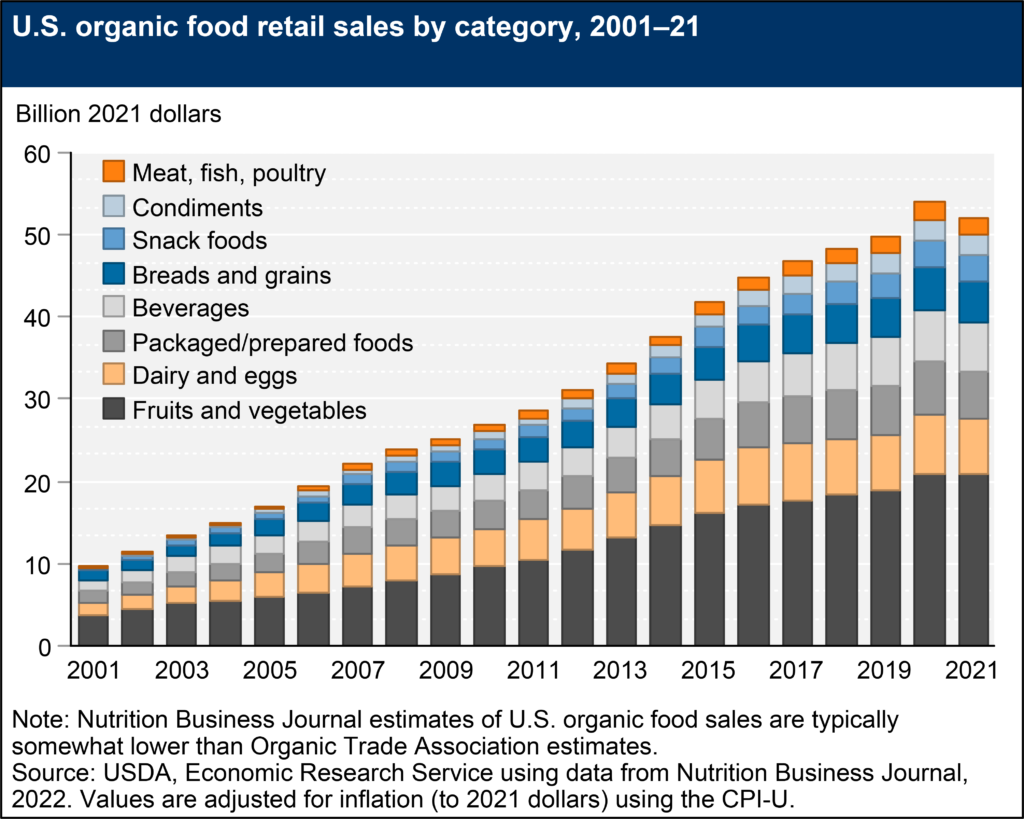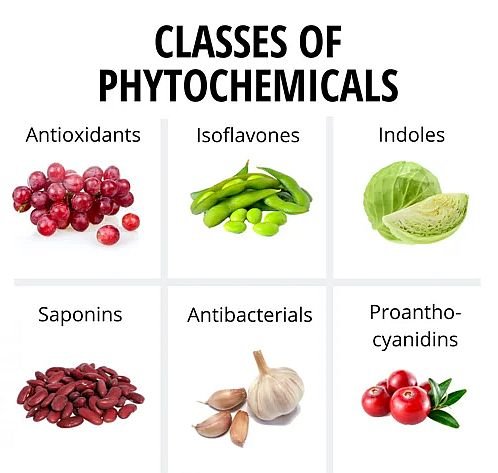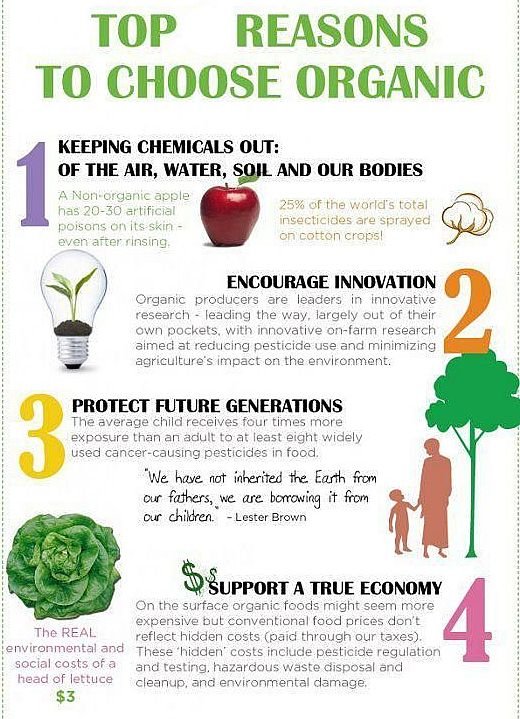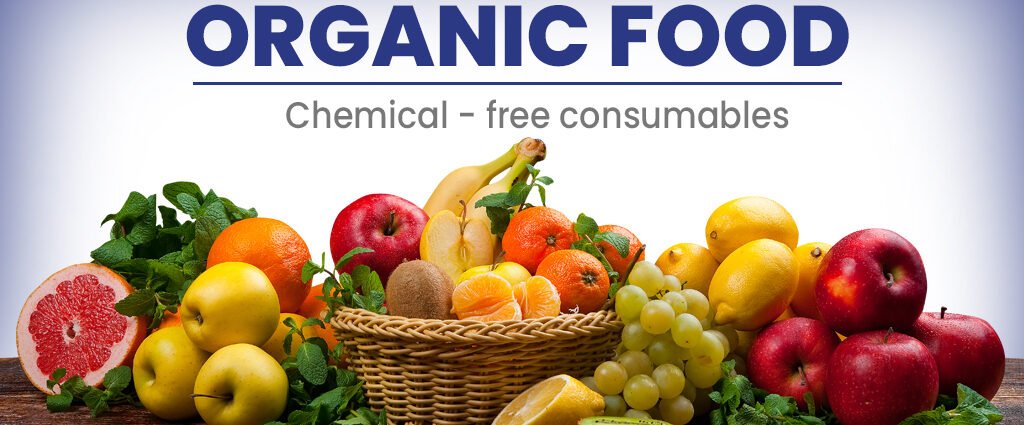High-priced organic options abound at supermarkets. This raises the question of whether organic foods have more nutrients than conventional counterparts. The quick answer is YES.

Certified organic vegetables has only been widely accessible for around two decades. Annual sales of all organic foods (including fruit, milk, and other dairy products) have already surpassed $52 billion, nearly double the rate of a decade earlier but still accounting for only 6% of the US food industry plus they are around 20% more expensive than conventional foods, owing to higher production costs.

Studies focusing on phytochemicals, the compounds abundant in produce that reduce inflammation, strengthen the immune system, and otherwise promote health; found organic produce is 12 percent richer in them, including having higher levels of carotenoids.
Extra phytochemicals may be one reason Baudry’s observational studies have found the lowest rates of breast and other cancers and type 2 diabetes in people who eat the most organic foods. The better health of people in Baudry’s research likely also results from what organic produce largely does not contain: synthetic fertilizers and pesticides.

Overall, after conducting a through analysis of scientific journal one can safely say that crops grown organically and in healthy soil have less pesticide residues and higher amounts of antioxidant-rich phytochemicals such as flavonoids and carotenoids.
Reference- Frontiers, JAMA Network Report, National Geographic, Taylor & Francis Online






